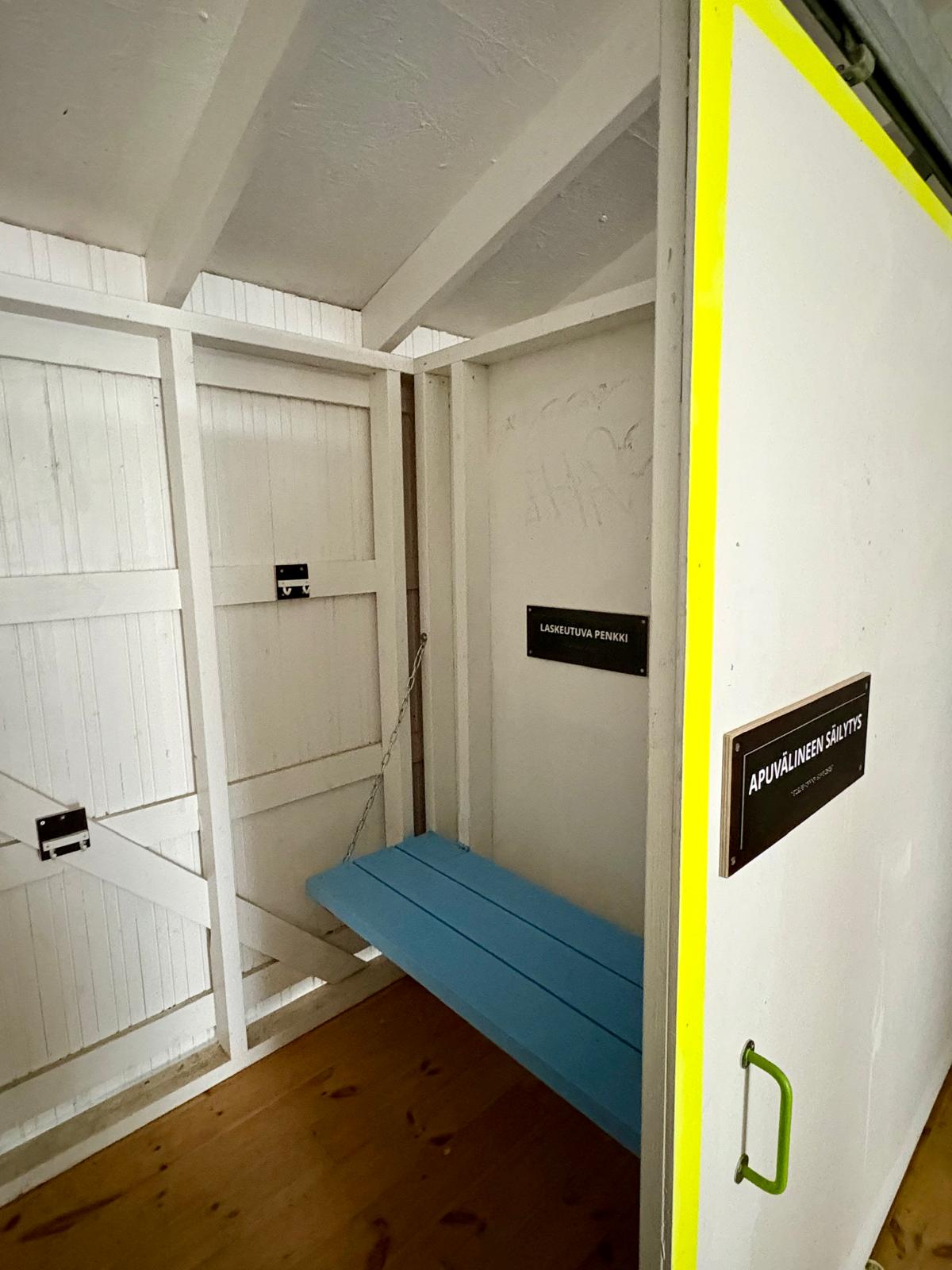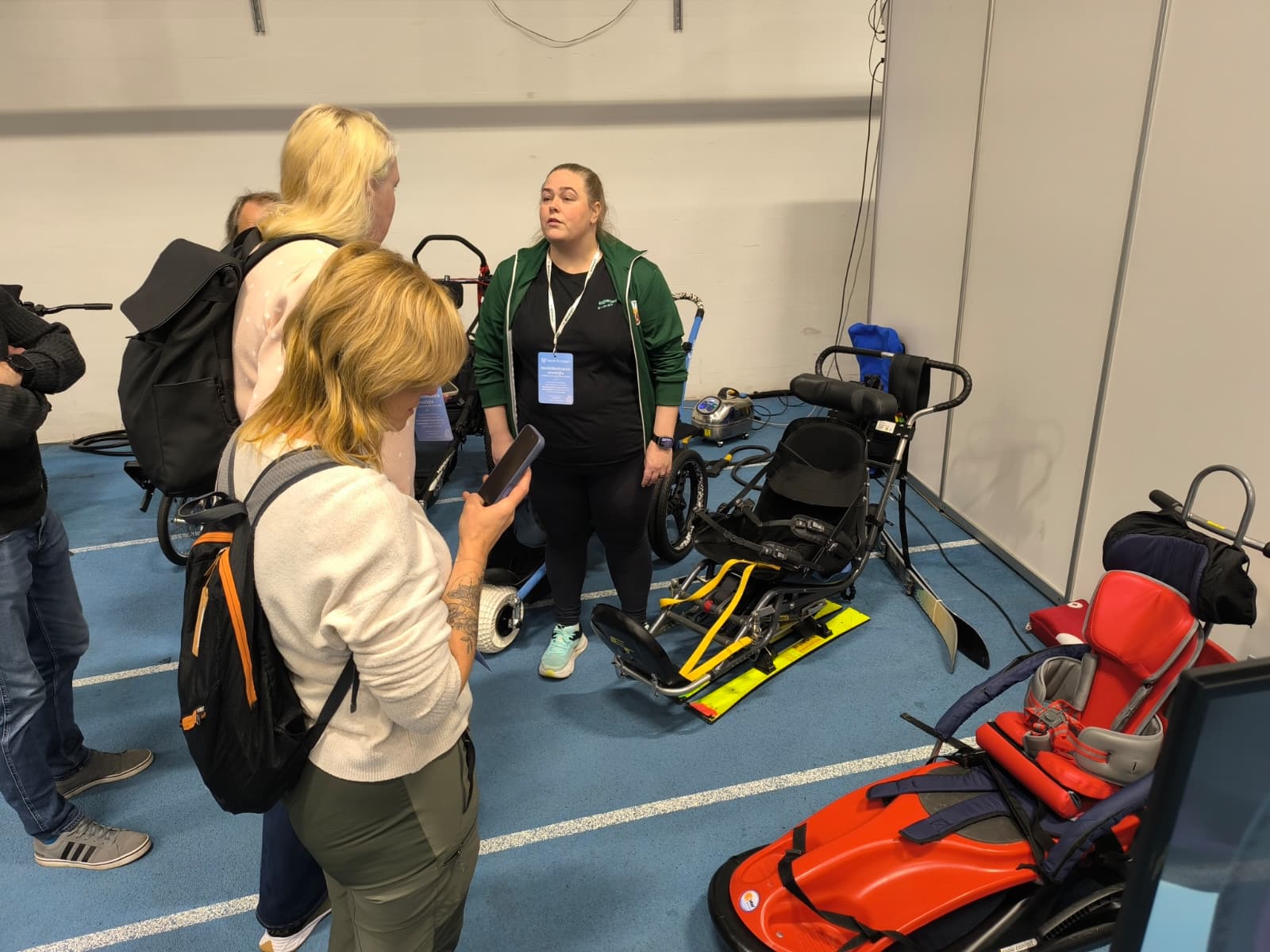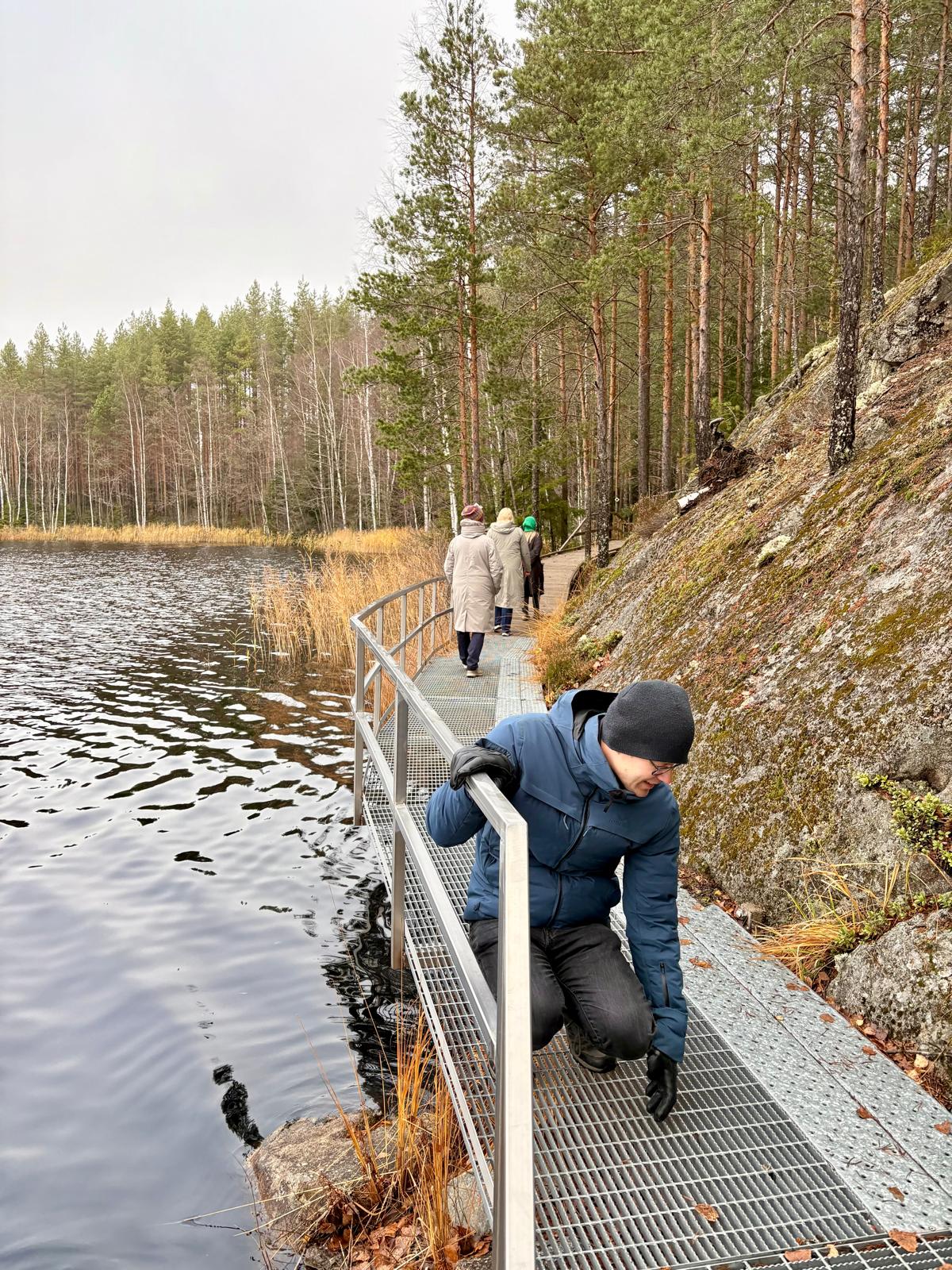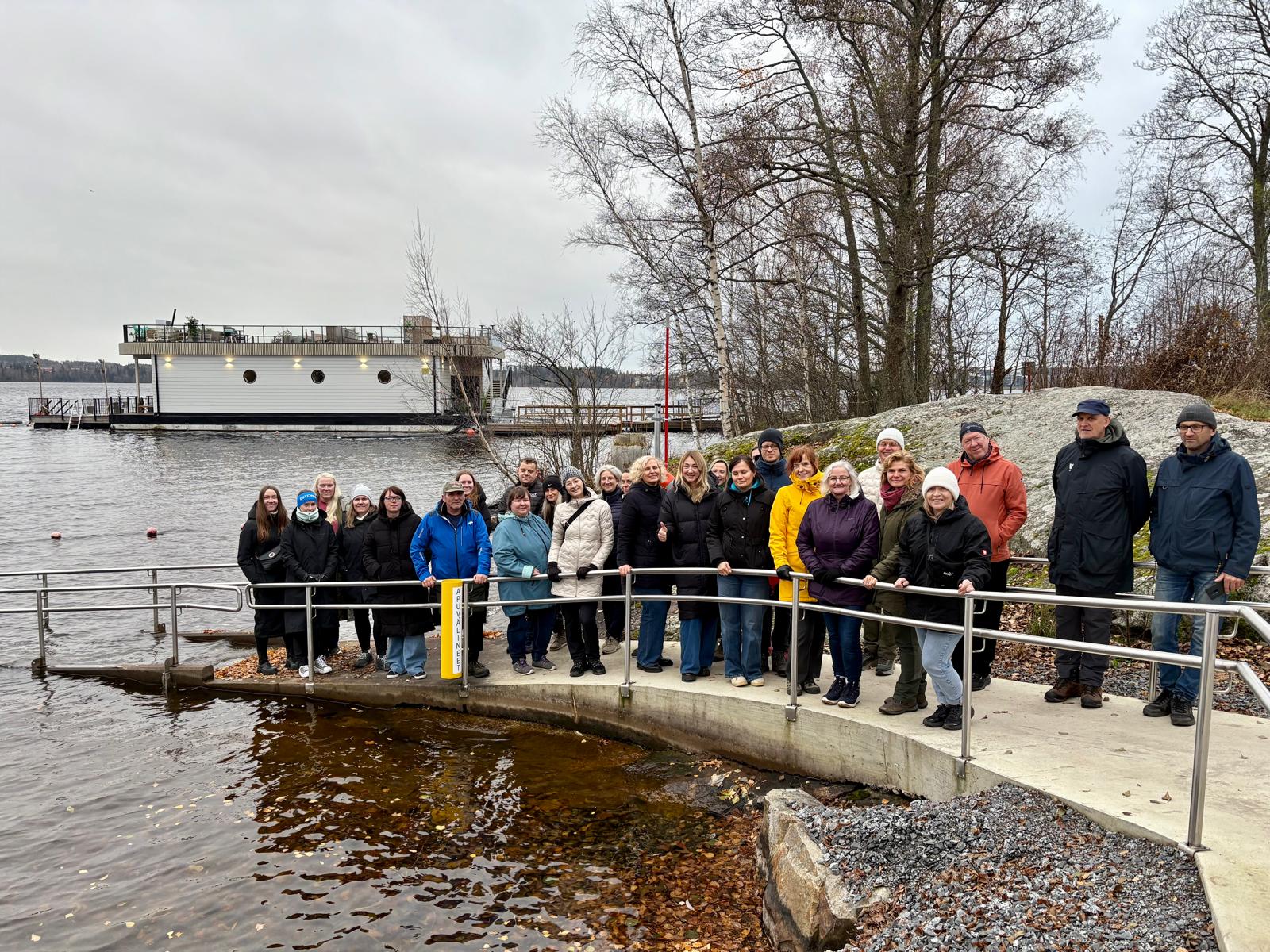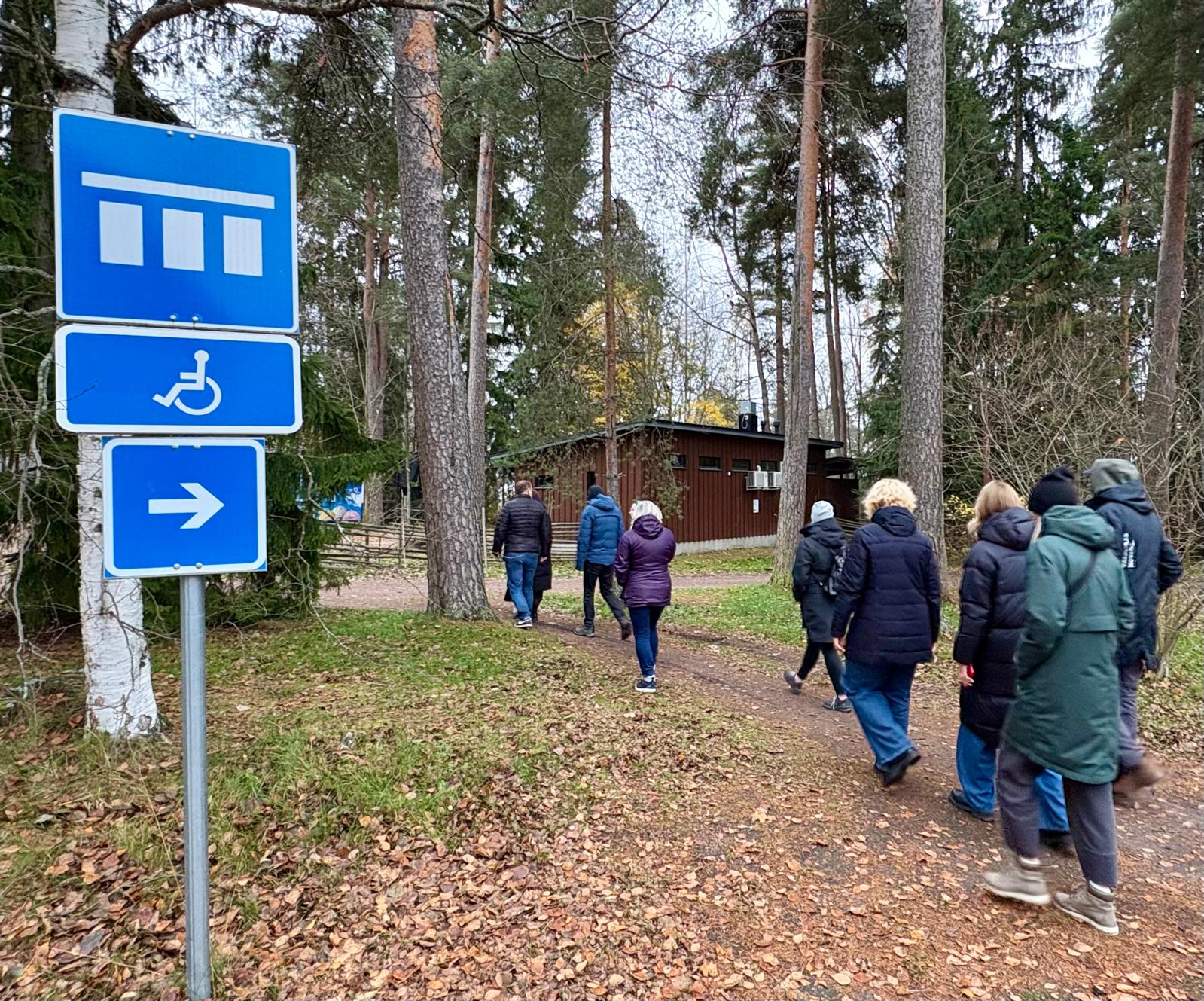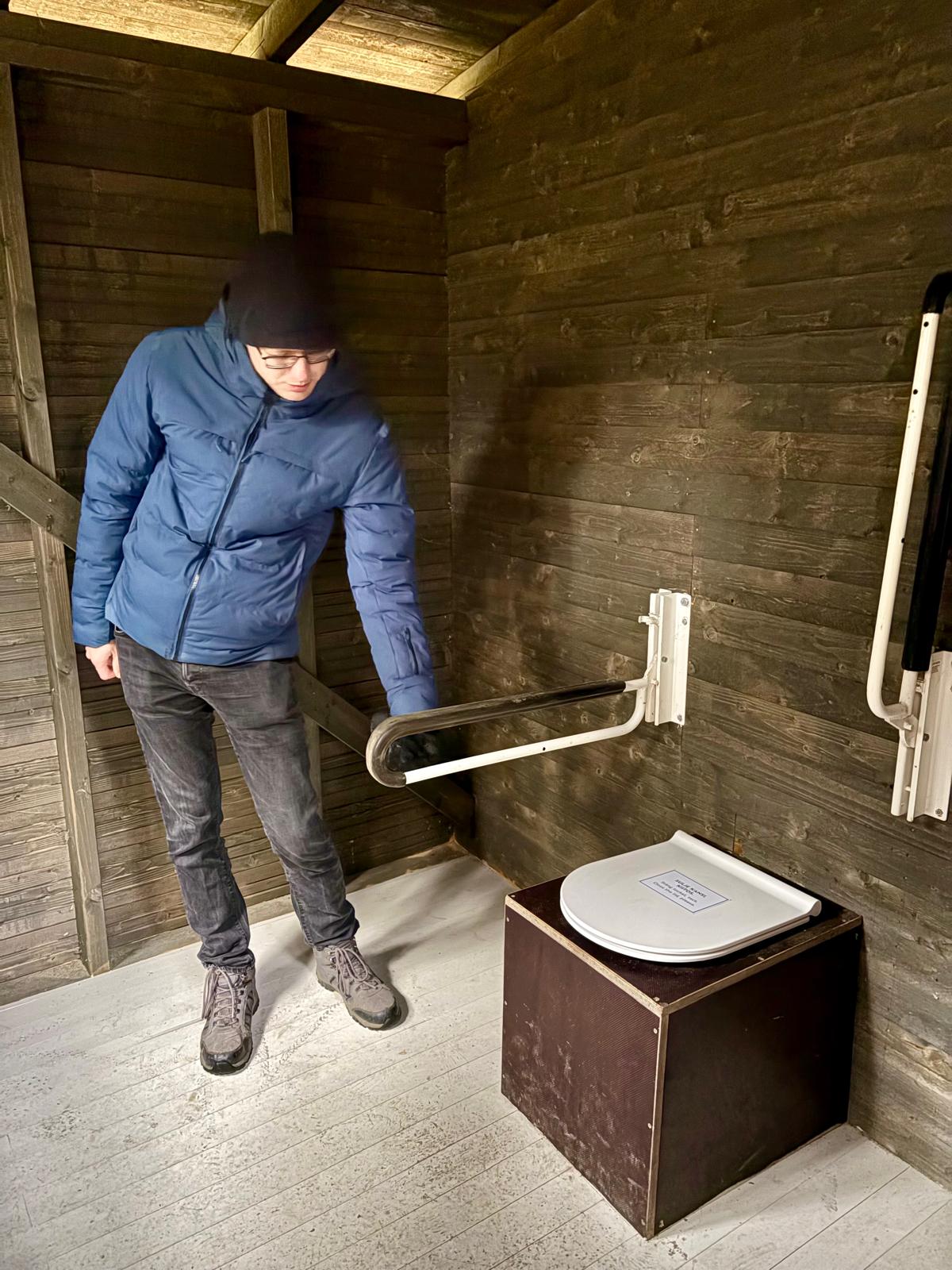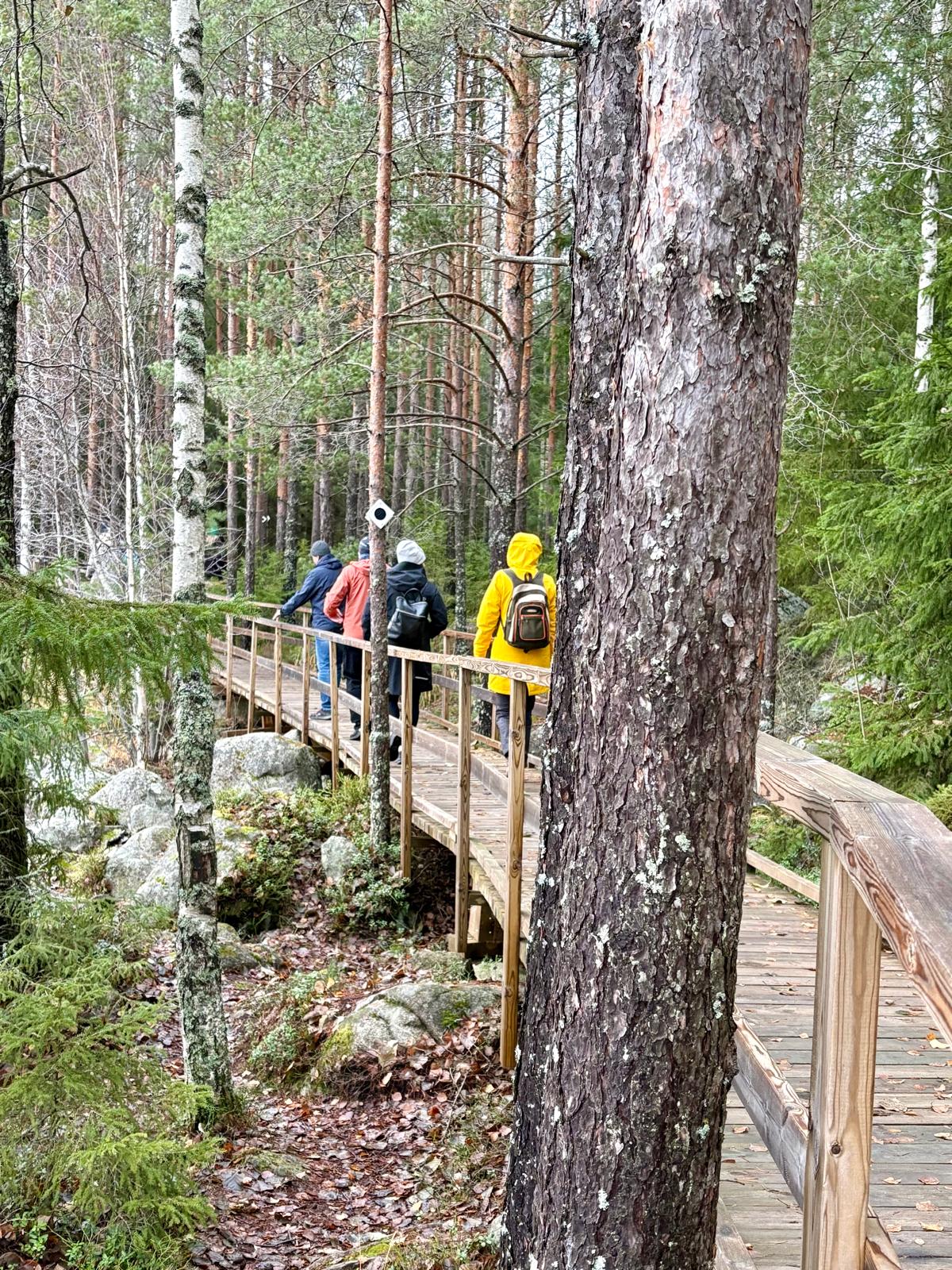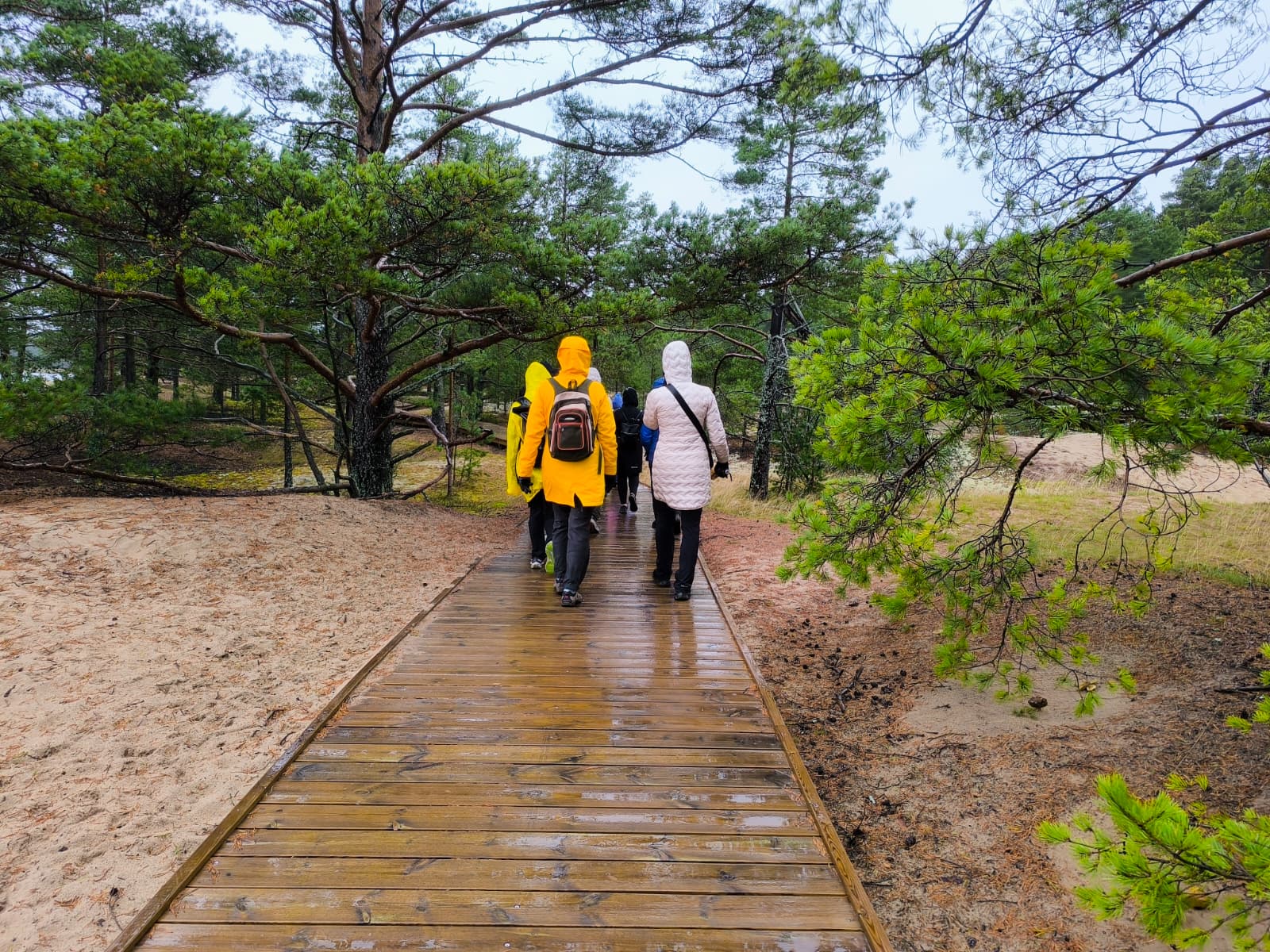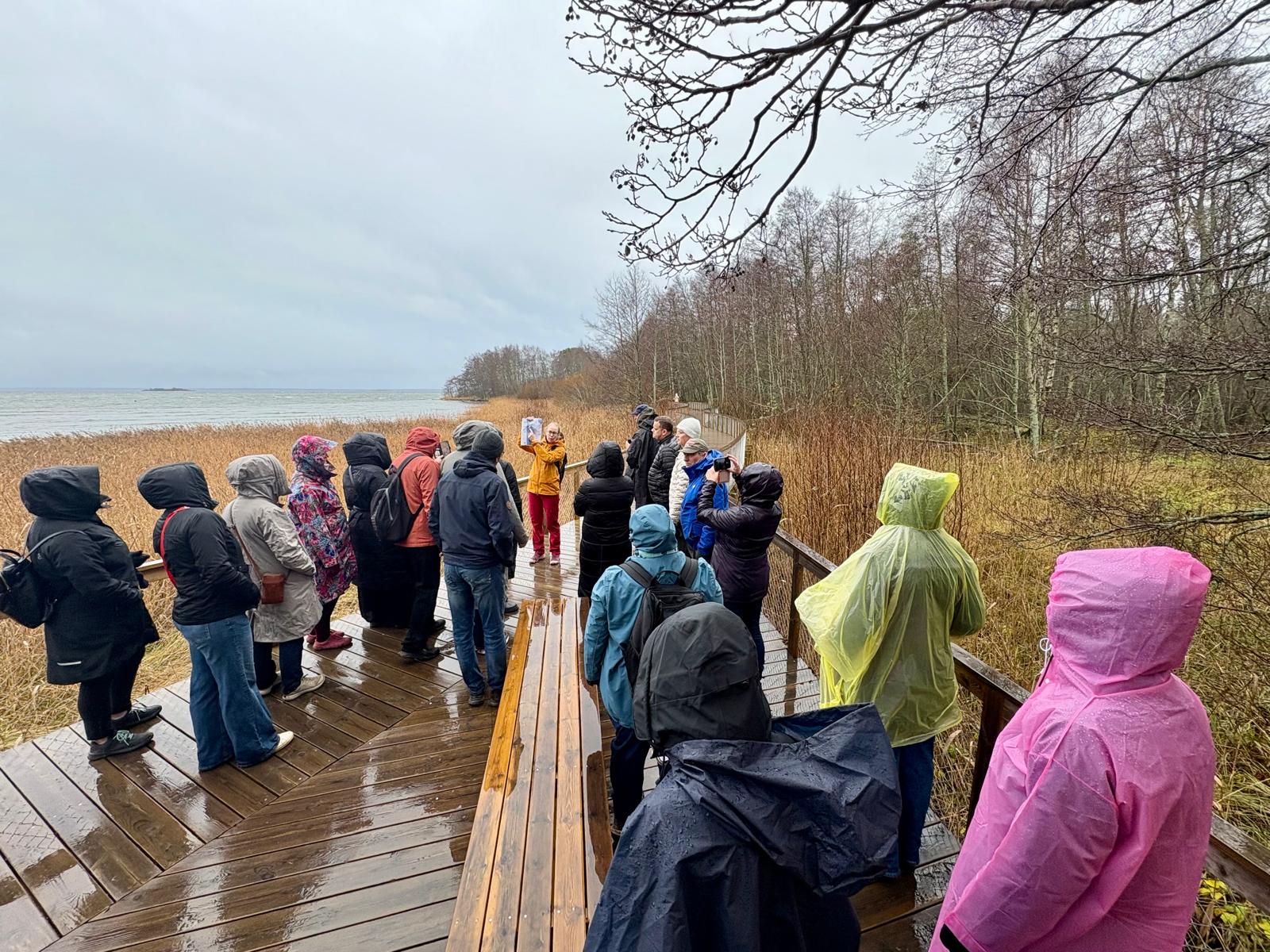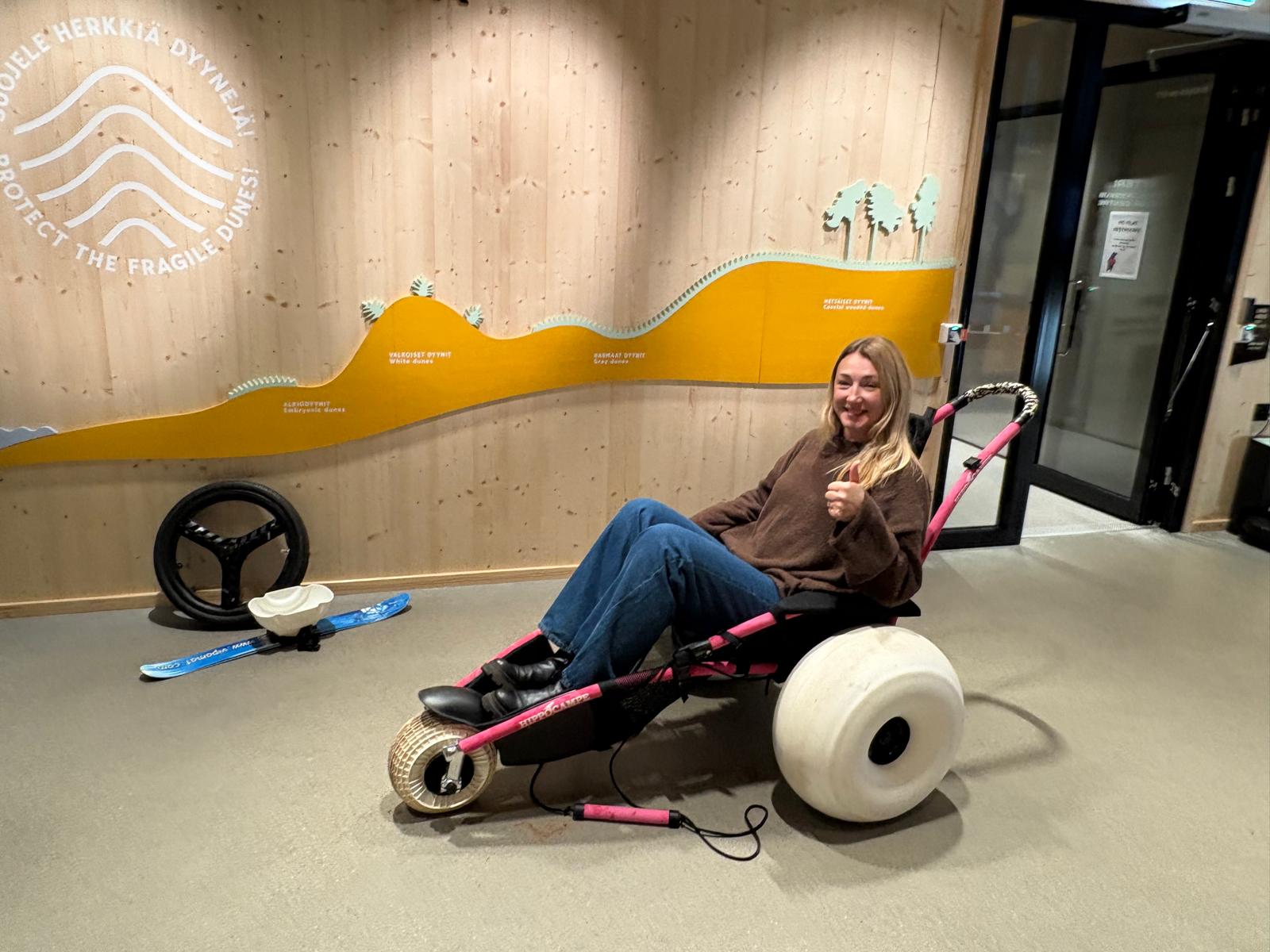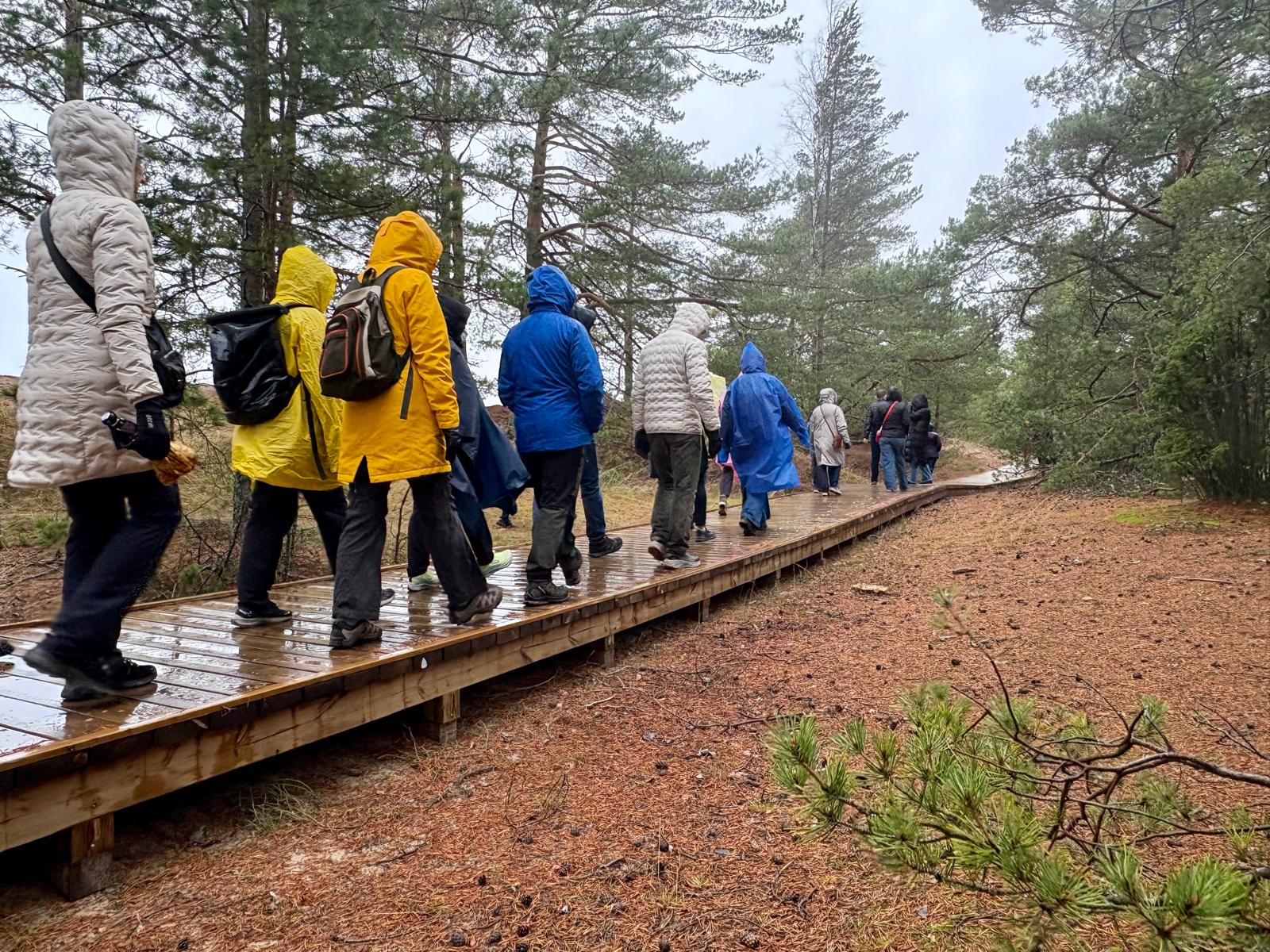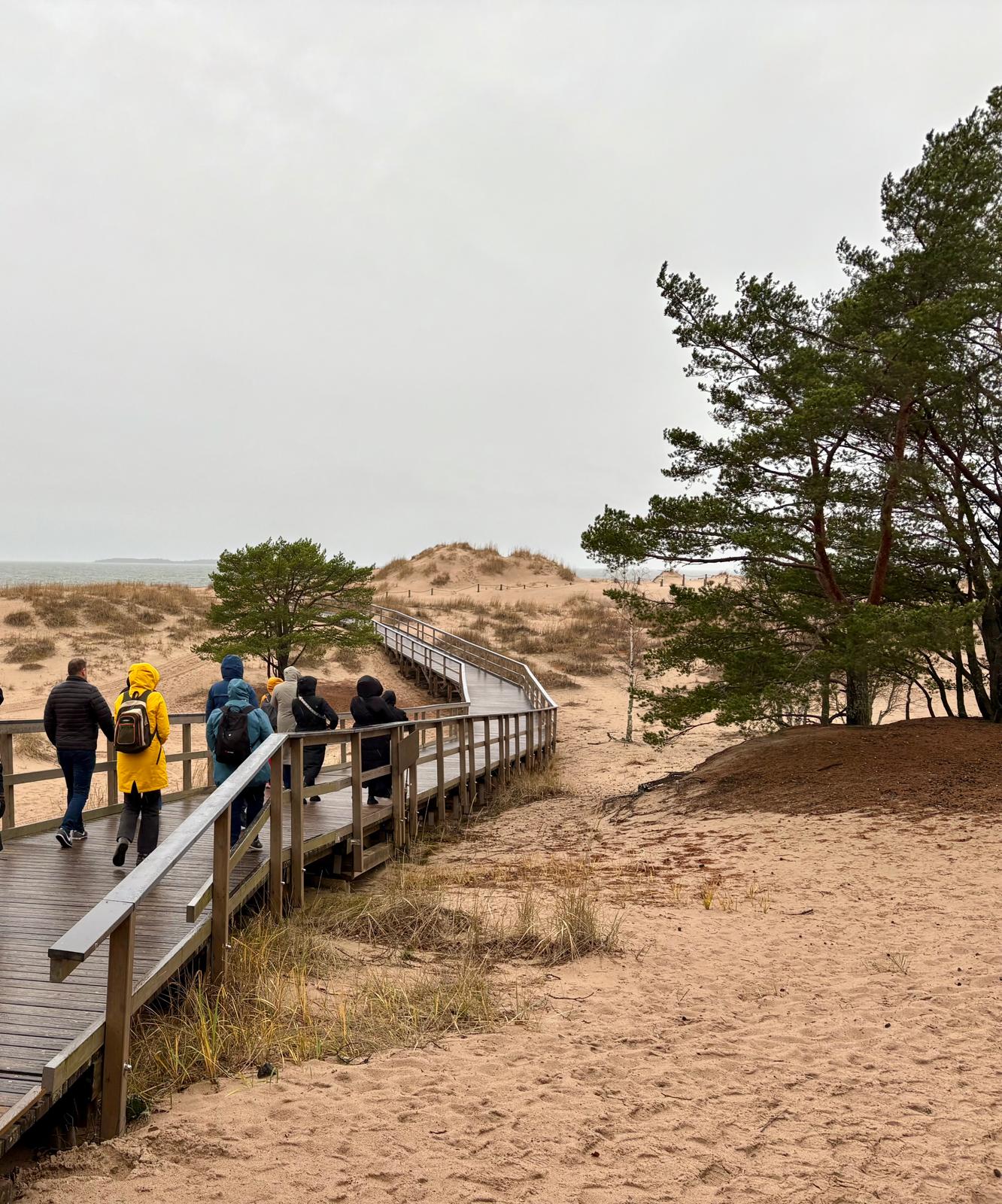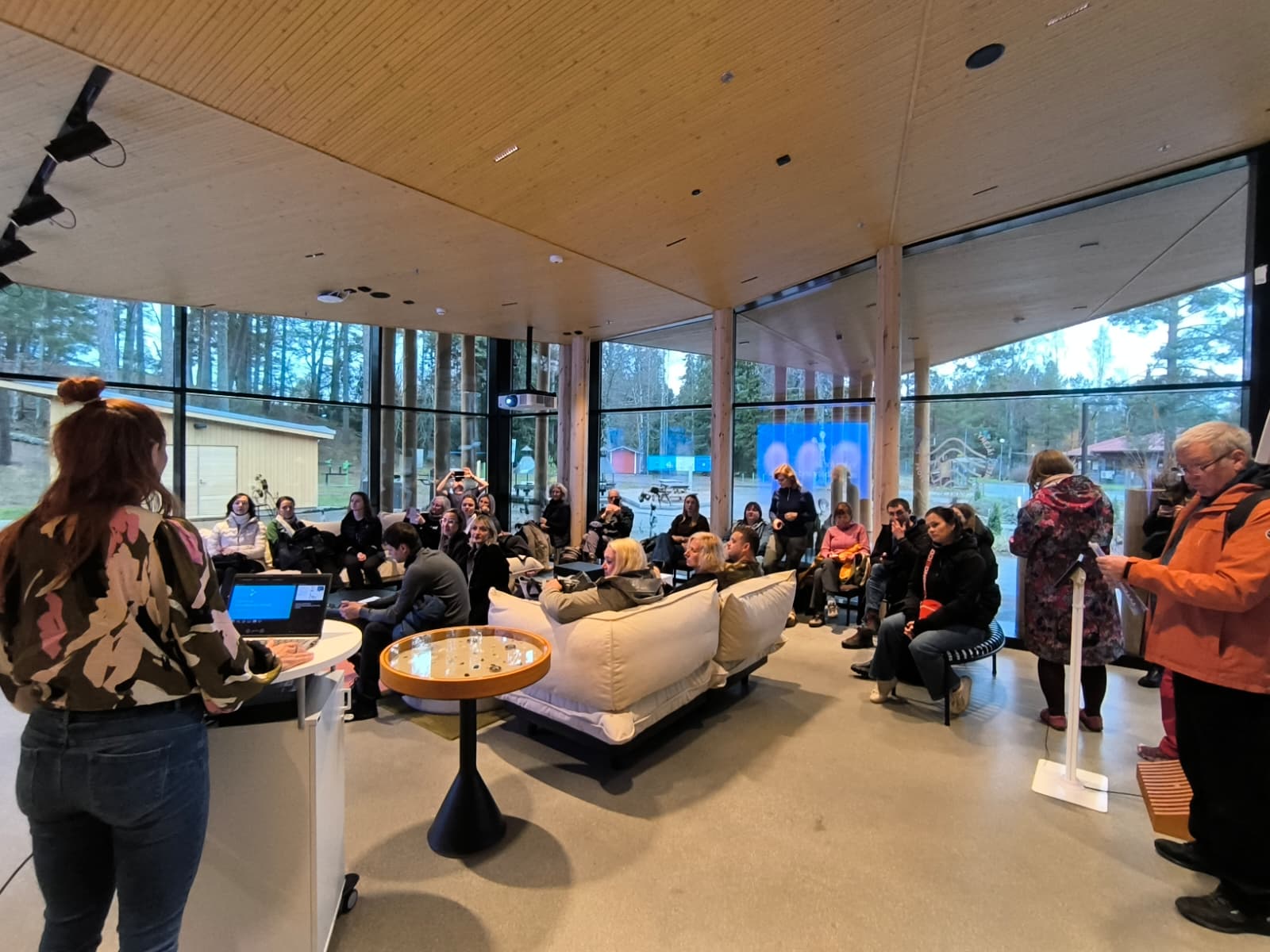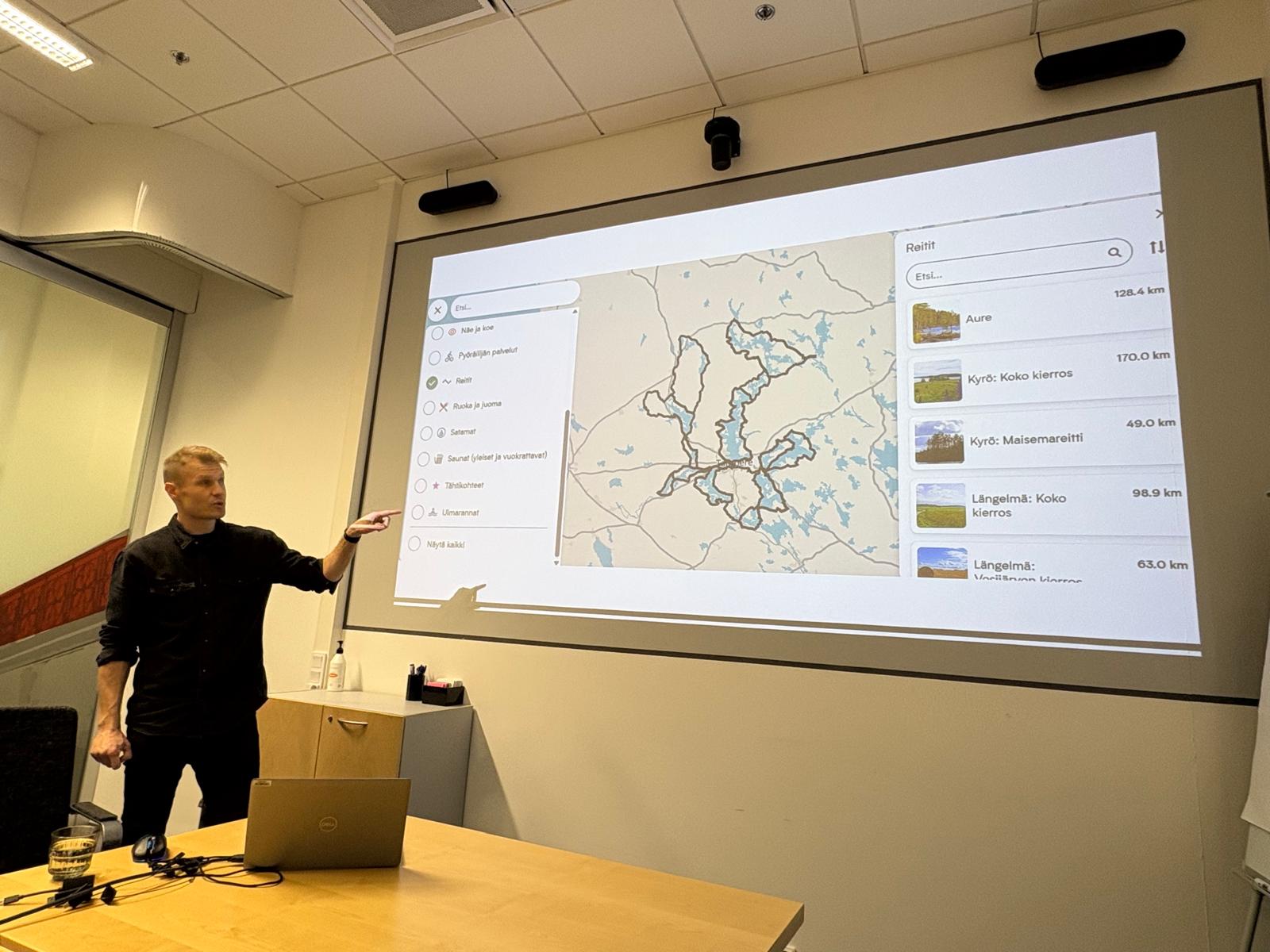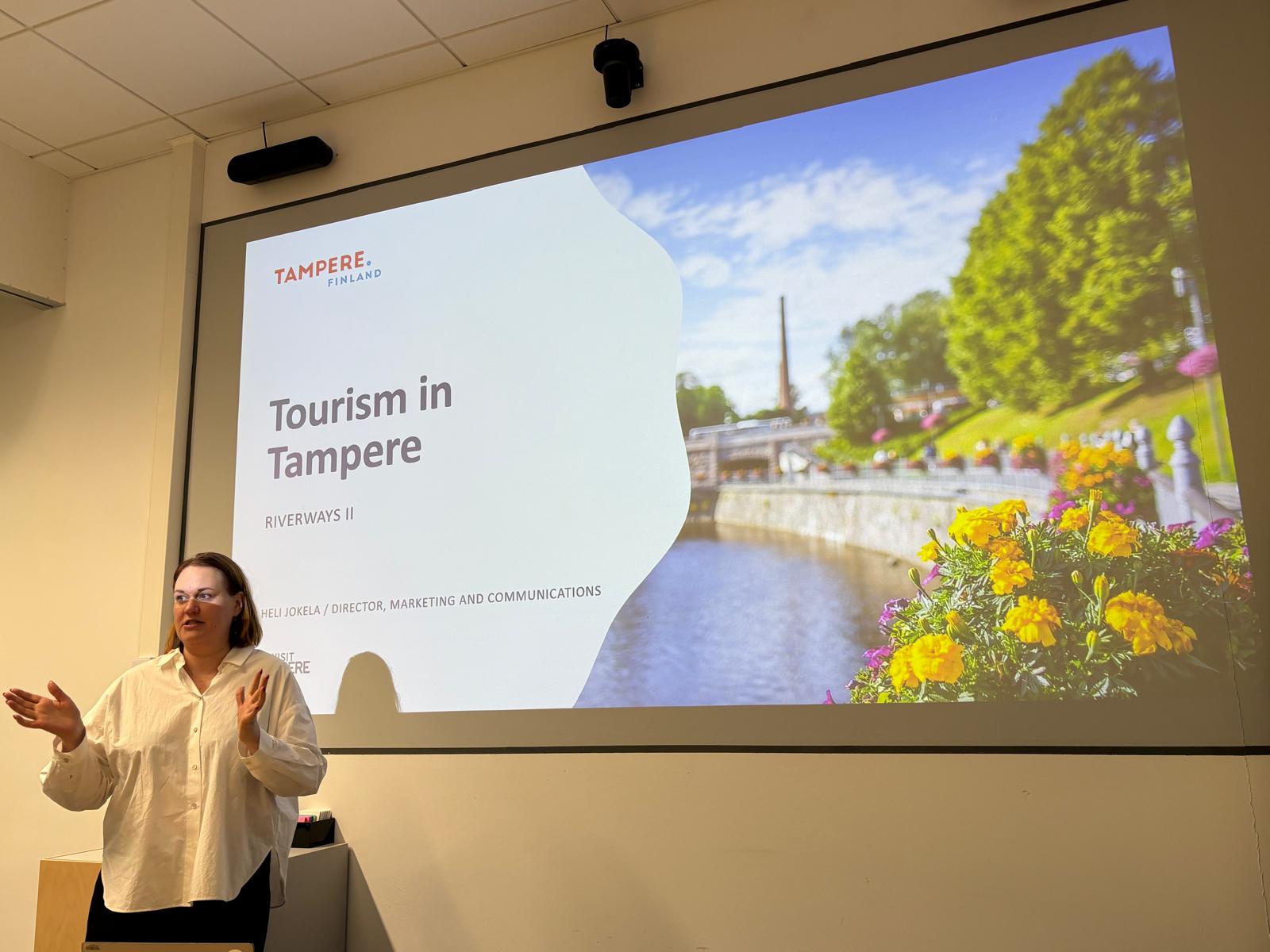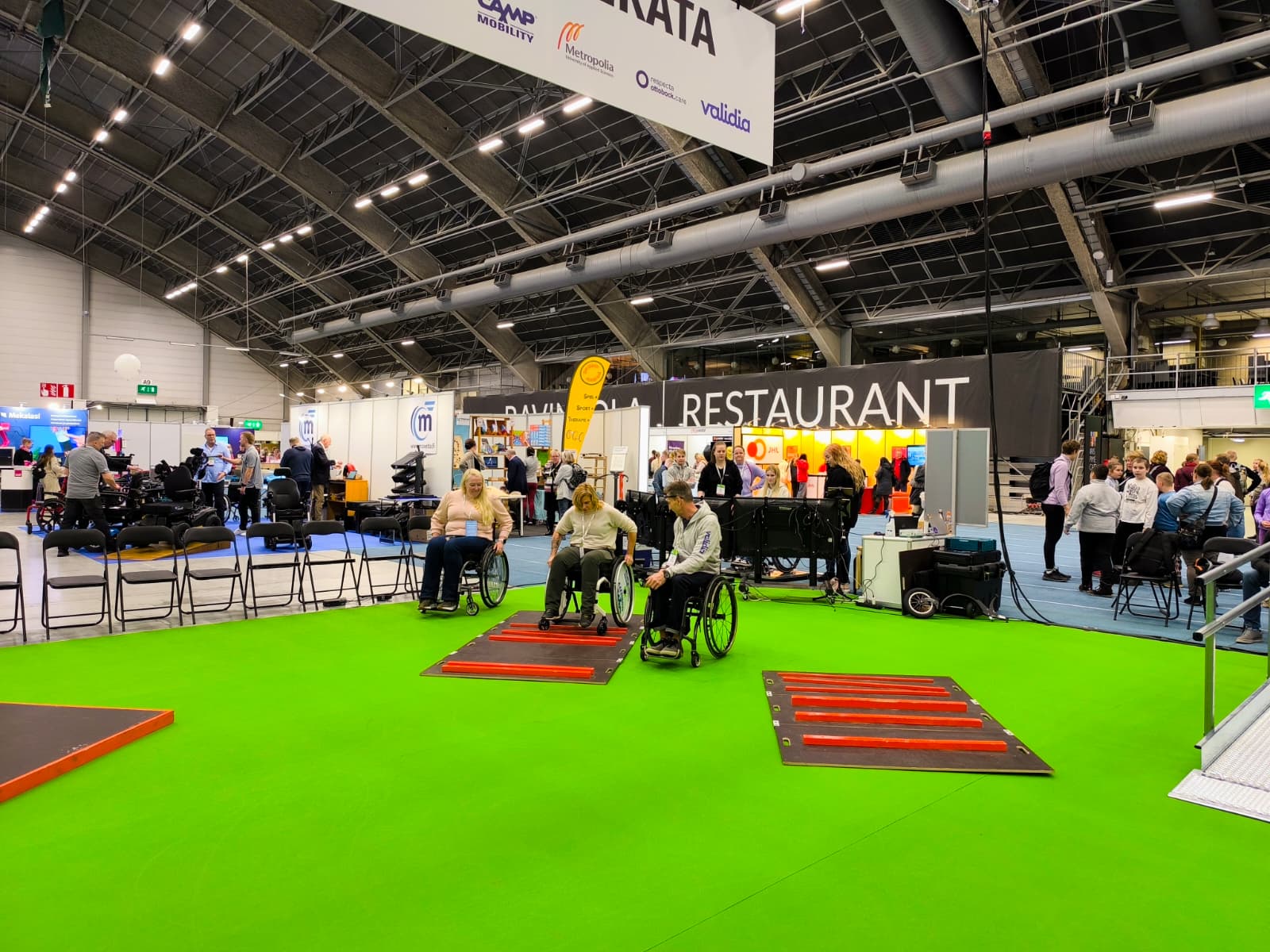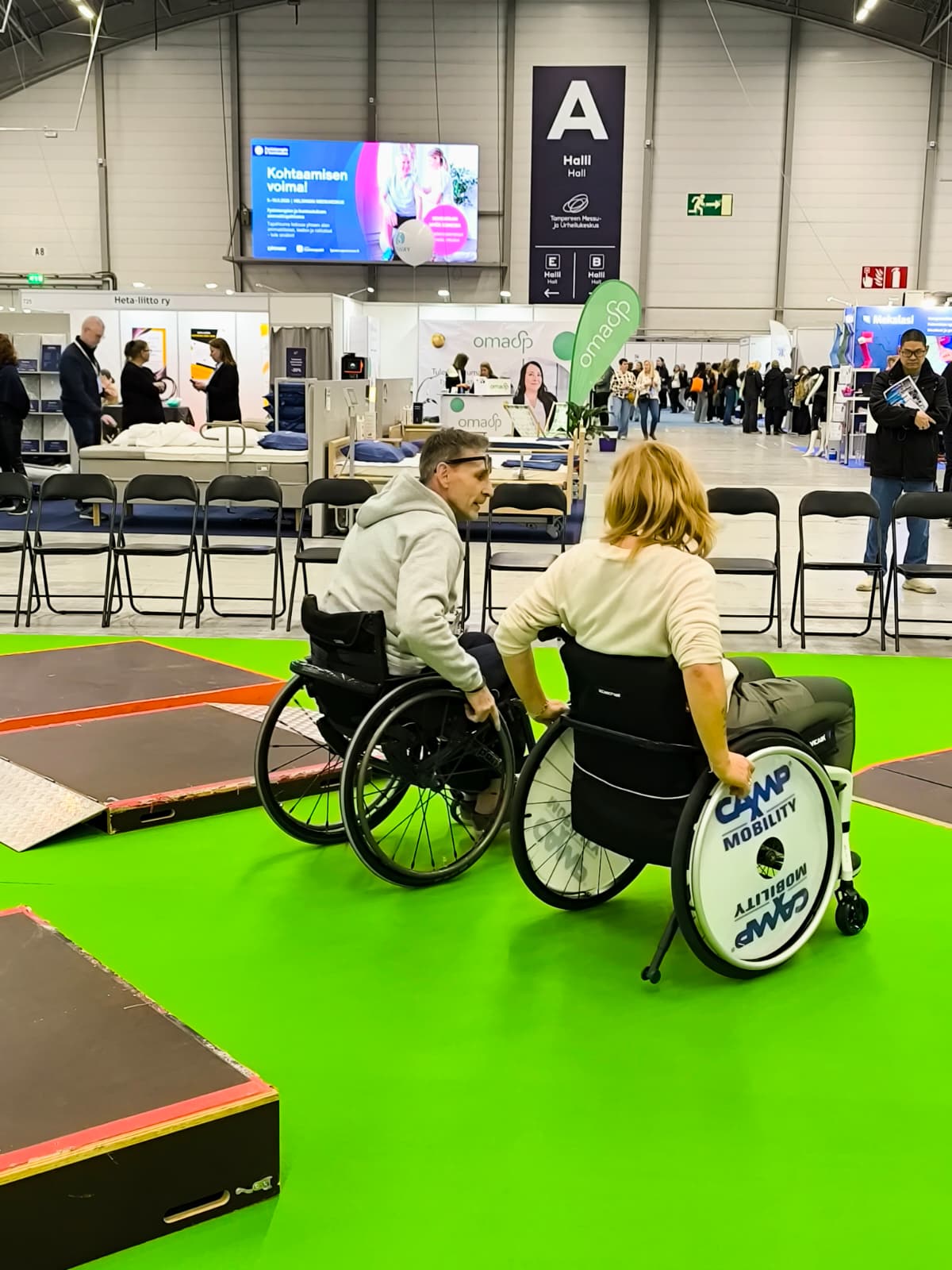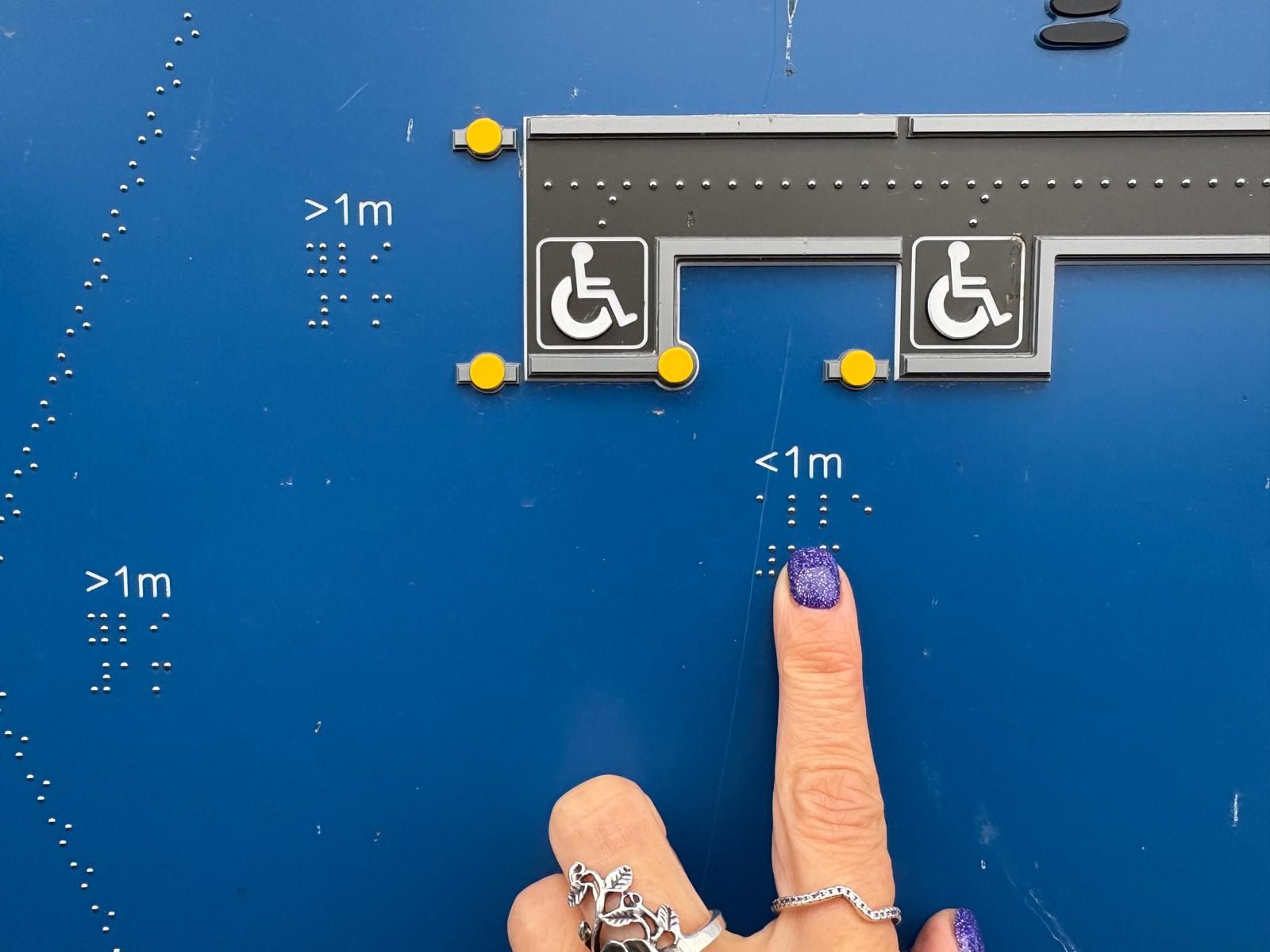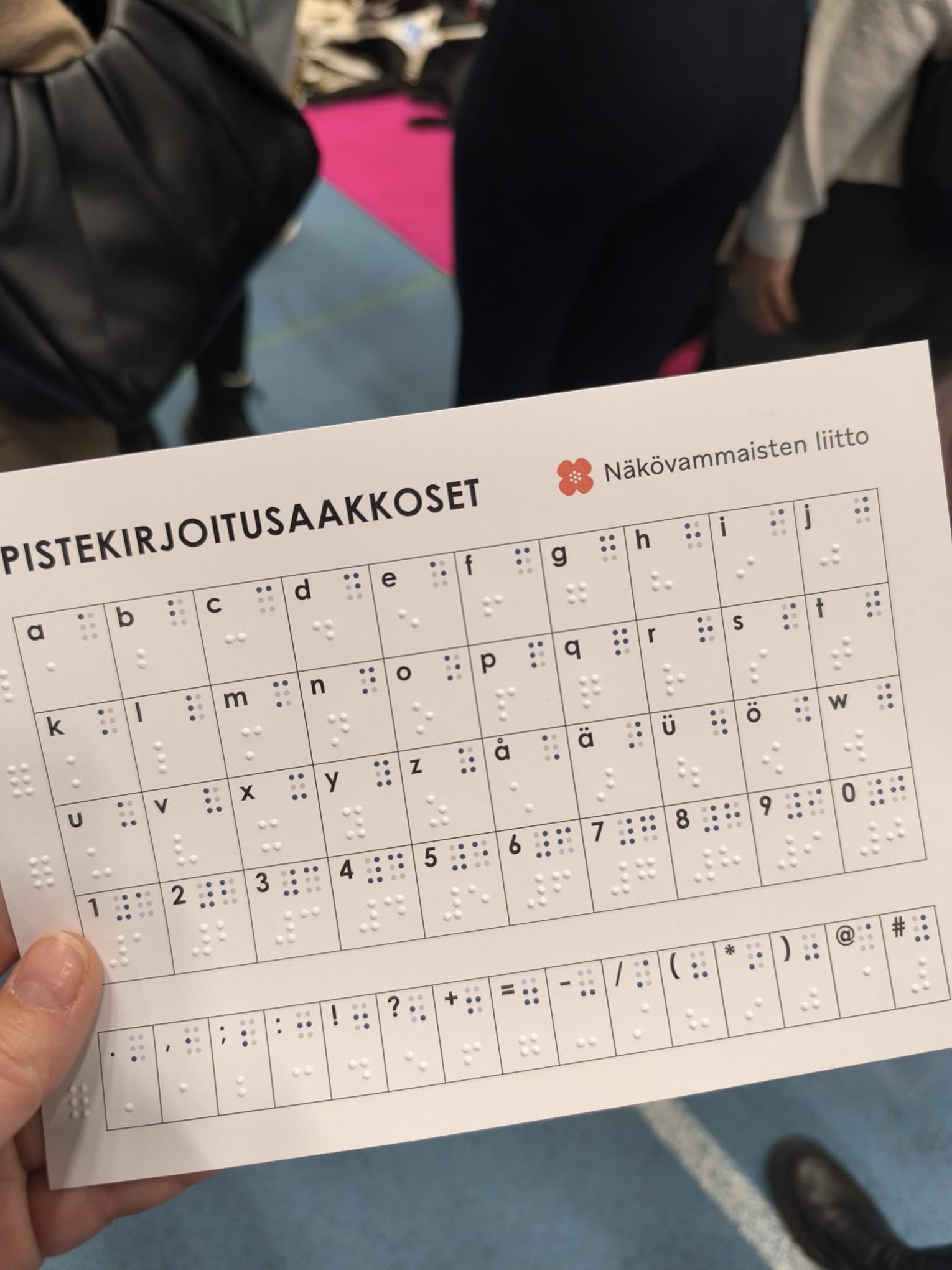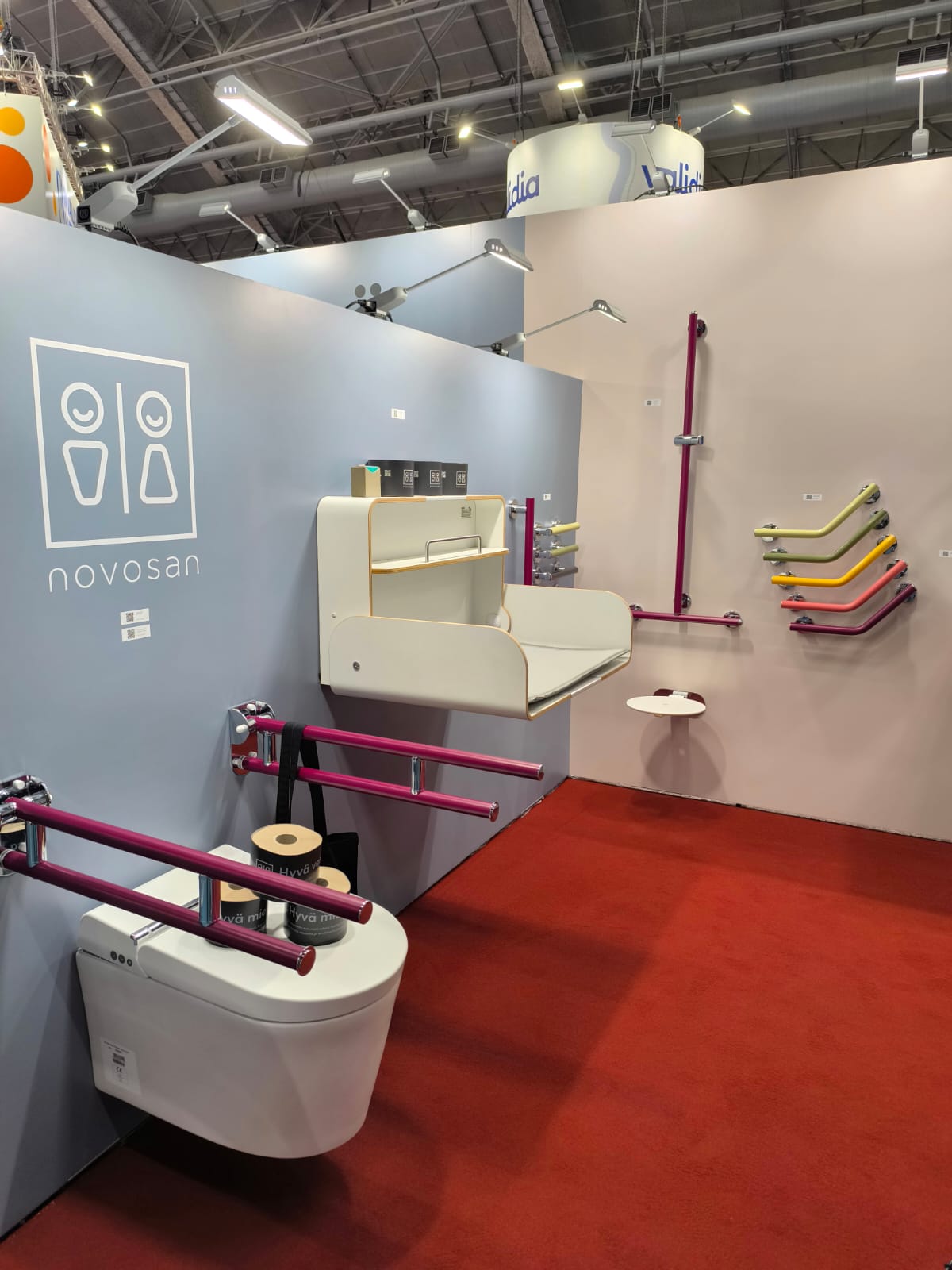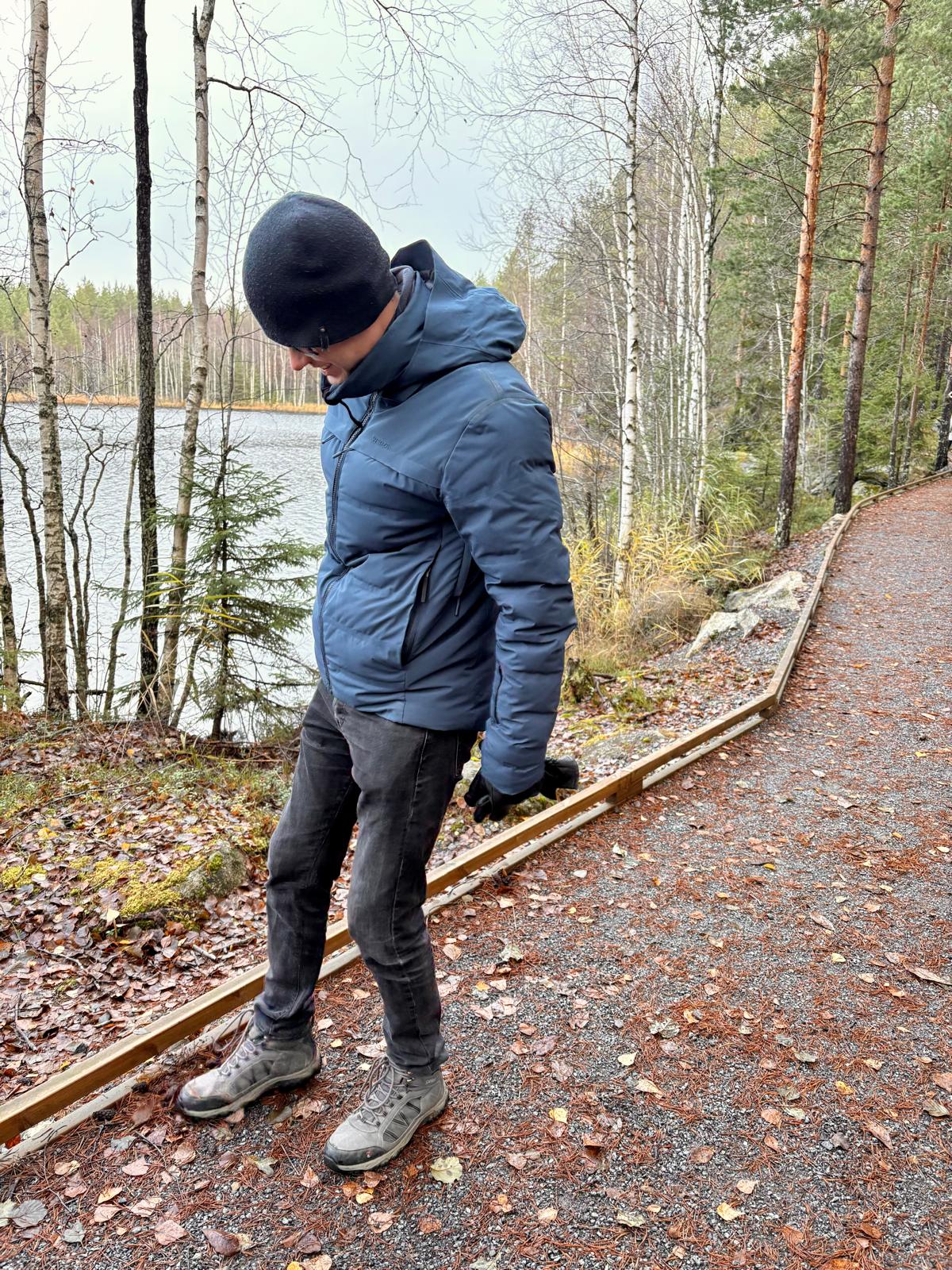Exchange of Experiences in Finland – Accessibility by the Water
Mapeirons
11. November 2025
All news
From 3 to 7 November, the Riverways II project team took part in a study visit to Finland to explore how accessibility to lakes, rivers, and the sea is ensured in practice.
The visit brought together representatives from the Kurzeme, Riga, and Vidzeme Planning Regions, the Association of Disabled People and Their Friends “Apeirons”, the winners of the hackathon “Ripple Effect: Accessibility Innovations in Water Tourism”, as well as project partners from Estonia.
The main goal of the exchange visit was to gain hands-on insight into practical solutions that allow everyone – including people with mobility, visual, or other functional impairments – to fully and safely enjoy recreation near water.
Niemis–Koukkunen nature trail
Located in the Evo Hiking Area, the Niemis–Koukkunen Nature Trail is a three-kilometre linear route that combines being in nature with accessibility.
The trail features viewing and fishing spots, rest areas, campfire sites with free firewood, and accessible toilets. Its infrastructure is suitable for people with mobility impairments, although visiting with an assistant is recommended.
Wooden platforms and gently sloping paths ensure comfortable movement, while curbs mark the edges of winding sections. Part of the route preserves its natural terrain, offering a varied and engaging experience for all nature lovers.
Available swimming area Pyynikki
The team also visited the Pyynikki city swimming area, where accessibility is provided both to the water and across the surrounding territory.
The site includes marked parking spaces, spacious changing cabins, and handrails for safe entry into the water. Tactile information stands support navigation for visitors with visual or mobility impairments.
Yyteri Tourist Information Center and Beach
Yyteri, one of Finland’s most popular seaside resorts, demonstrated several inspiring examples of accessible infrastructure. At the Yyteri Tourist Information Centre, the team learned about practical solutions for improving access to the sea and nearby nature trails. Visitors can rent a multi-functional beach wheelchair (“all-terrain wheelchair”) for up to four hours, bookable online. The centre is fully accessible, featuring an entrance ramp, automatic doors, accessible toilets, and audio induction loops in service areas.
There are three accessible parking spaces near the visitor centre. The main wooden boardwalk, rebuilt in 2019–2020, was redesigned with a gentler slope, providing smoother access to the dune top and beach area. The boardwalk also leads to an accessible toilet and changing facilities.
The project team explored several boardwalk trails that are easily passable by wheelchair. One trail, running 840 metres from Surfcenter Yyteri to the northern end of the beach, includes three rest areas and parking on both ends. The trail continues to Herrainpäivät, another easily accessible section.
Apuvaline Assistive Technology Exhibition and Iiris Pime Café Experience
On the final day, participants visited the Apuväline Assistive Technology Exhibition at the Tampere Exhibition and Sports Centre, gaining valuable insights into technical and creative solutions for accessibility both indoors and outdoors.
Special attention was given to water tourism aids that enable people with mobility impairments to enjoy activities on the water safely and independently.
A particularly powerful experience was the Iiris Pime Café lunch in complete darkness, which allowed participants to understand how challenging a simple meal can be for people with visual impairments. The lunch was served by visually impaired staff, offering participants a deep and emotional insight into empathy and inclusion.
At the exhibition, the team also tested wheelchair mobility through obstacle courses and explored inclusive nature tourism solutions, such as rogaining activities adapted for people with limited mobility.
Meeting with Local Experts and Innovative Examples
The project team also met with Olli Vakkala from Ecofellows and Heli Jokeli, Marketing and Communications Director at Visit Tampere. Olli shared insights into three accessible nature reserves and hiking trails, connected in a single network and designed to be enjoyed by all visitors – a great example of how nature tourism can be both sustainable and inclusive. More information is available at outdoorsampere.fi.
Heli Jokeli introduced Tampere’s diverse tourism offers, including canoe routes, spa centres, and seasonal markets that give the city a special atmosphere throughout the year. She also highlighted that the “Outdoor Express” initiative was awarded the Tourism Innovation of the Year 2024 at the Finnish Tourism Festival – a testament to how accessibility and nature can drive creative tourism development.
22 Photos
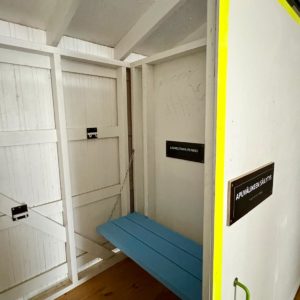
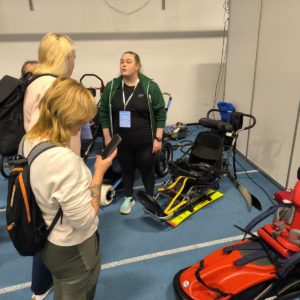
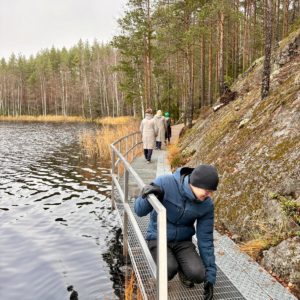
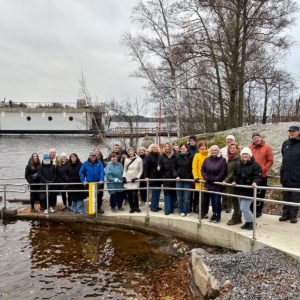
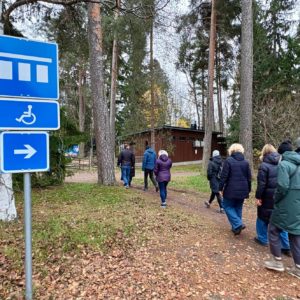
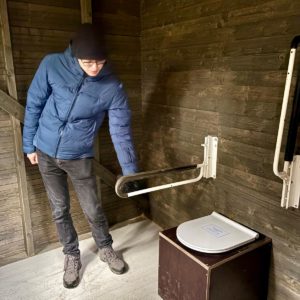
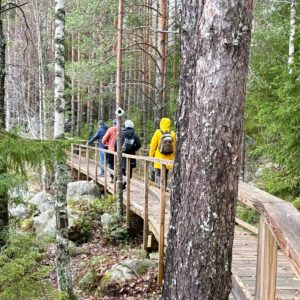
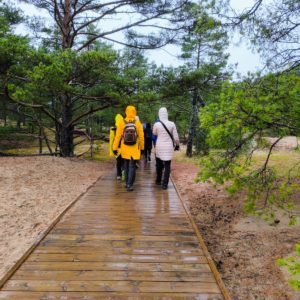
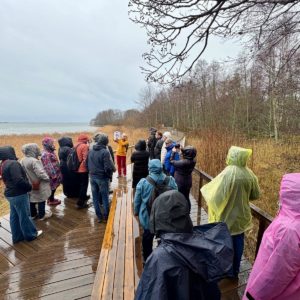
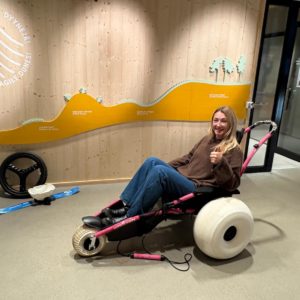
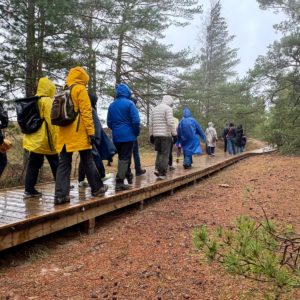
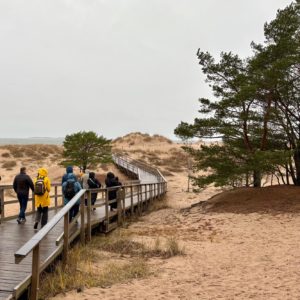
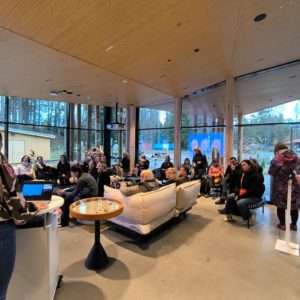

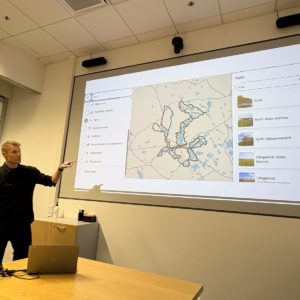
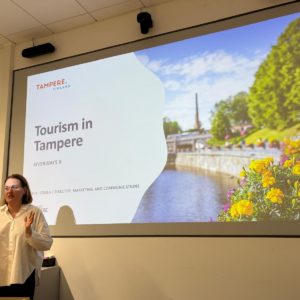
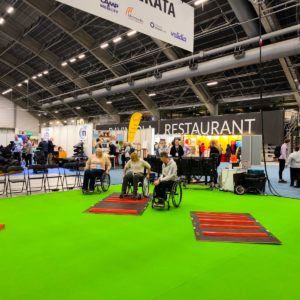
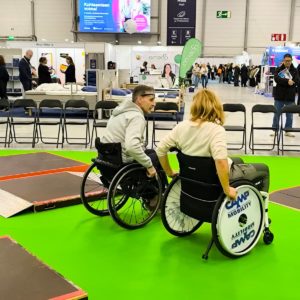
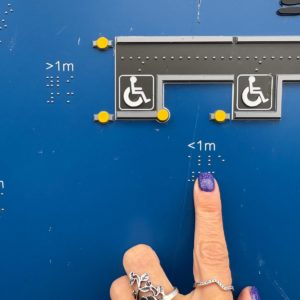
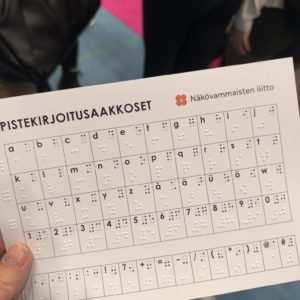
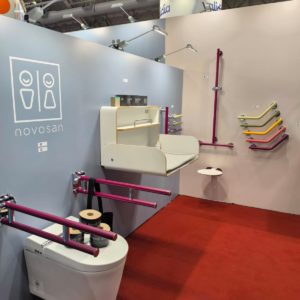

Other news
All news
Mapeirons
The Sensory Path at the “Balttour” Exhibition: What Tourism Looks Like When Experienced Differently
9. February 2026
From 6 to 8 February 2026, at the tourism exhibition–fair “Balttour”, visitors had the opportunity not only to discover new destinations, but also to experience…
Mapeirons
Visitors Invited to the Sensory Trail at the Tourism Exhibition – Experience, Understand, and Make Tourism More Accessible for All
28. January 2026
During the tourism exhibition–fair Balttour from February 6 to 8, visitors will have the opportunity not only to discover travel destinations but also to personally…
Mapeirons
Access Days Event “A Lunch of Senses – Experiencing Inclusion Across Borders” Brings Together Experts and International Accessibility Partners
26. November 2025
On 25 November, the Vidzeme Planning Region, in cooperation with the Association of People with Disabilities and Their Friends “Apeirons”, organised the event “A Lunch…
